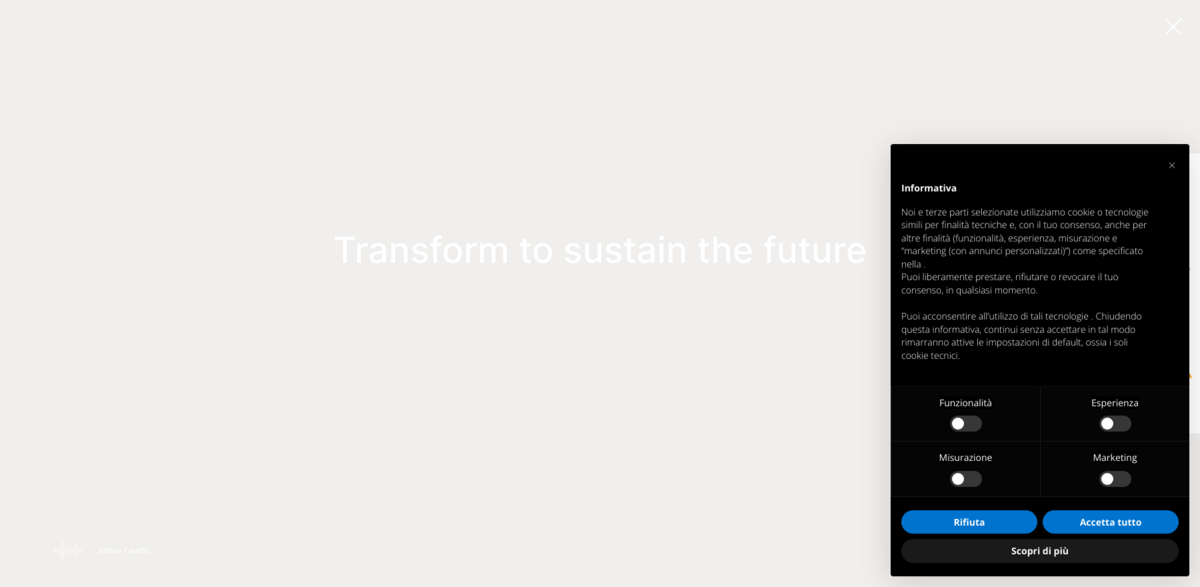What is Cereal Docks?
Cereal Docks is an Italian industrial group deeply rooted in the primary agri-food transformation sector. They produce key ingredients like flours, oils, and lecithins derived from oilseeds and cereals. These ingredients find their way into a variety of applications—think food, pharmaceuticals, cosmetics, animal nutrition, technical uses, and even energy sectors. Founded as a family-owned company, Cereal Docks has been growing steadily for over forty years, guided by shared values that continue to shape its journey.
Main Benefits of Cereal Docks
What really sets Cereal Docks apart? Here are some key facts and figures that highlight their impact:
- Bridges the gap between farmers producing raw materials and production chains using those ingredients.
- Committed to preventing and minimizing environmental impacts from its processes and products.
- Operates as a Benefit Company, emphasizing social and environmental responsibility alongside profit.
- Focuses on producing safe, traceable products processed sustainably with transparent and certified quality standards.
- Has been a family-owned business for over four decades, emphasizing long-term values and growth.
Meeting Changing Consumer Needs
Today’s consumers are more health-conscious than ever. The demand for healthy, genuine foods and wellness-focused products means the agro-industrial sector must step up. Cereal Docks understands this shift and responds by providing products that are not only safe and traceable but also processed sustainably. Transparency and certified quality standards aren’t just buzzwords here—they’re a must. This approach ensures that consumers get exactly what they expect, with no compromises.
Driving Innovation and Added Value
To keep pace with evolving market demands, Cereal Docks has set three clear objectives. First, to process agricultural raw materials and ingredients with more added value—because it’s not just about quantity, but quality and innovation. Second, to generate innovation through research and development, focusing on new solutions, products, and applications. This is all done with a circular economy model in mind, aiming to reduce waste and maximize resource efficiency. Third, to be an inclusive company that acts responsibly towards people, communities, and the environment. It’s a holistic approach that balances business growth with social and environmental care.
Connecting Farmers and Production Chains
One of the core strengths of Cereal Docks lies in its role as a connector. It links farmers, who produce the raw materials, directly with the production chains that use these ingredients in their products. This connection ensures a smoother, more transparent supply chain. Farmers benefit from stable partnerships, while production chains gain access to high-quality, traceable raw materials. It’s a win-win that supports sustainability and quality from the ground up.
Project Impact on Sustainable Development Goals (SDGs)
- SDG 2: Zero Hunger – by supporting sustainable agriculture and food production.
- SDG 8: Decent Work and Economic Growth – through inclusive business practices and innovation.
- SDG 9: Industry, Innovation, and Infrastructure – via research and development of new products and solutions.
- SDG 12: Responsible Consumption and Production – by promoting circular economy models and sustainable processing.
- SDG 13: Climate Action – through efforts to minimize environmental impacts.
- SDG 15: Life on Land – supporting sustainable farming and raw material sourcing.
Commitment to Sustainability and Responsibility
Cereal Docks isn’t just about business—it’s about responsibility. As a Benefit Company, it commits to balancing profit with purpose. This means actively working to reduce environmental impacts and fostering inclusive practices that benefit people and communities alike. The company’s dedication to sustainability is evident in every step of its process, from sourcing raw materials to delivering finished ingredients. It’s a model of how industry can thrive while respecting the planet and its people.


















